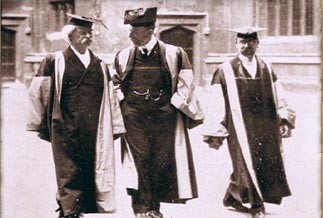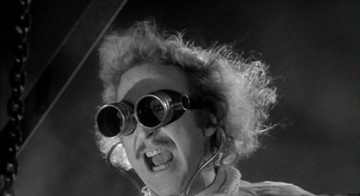 A San Jose based outfit, Electronics for Imaging paid several employees from India as little as $1.21 an hour to help install computer systems at the company’s Fremont headquarters.
A San Jose based outfit, Electronics for Imaging paid several employees from India as little as $1.21 an hour to help install computer systems at the company’s Fremont headquarters.
The highly skilled workers, who could have earned more cash by sitting with a cup and dog on a string in the high street, worked up to 122 hours a week between September 8, 2013, and December 21, 2013.
Investigators from the division’s US Labour Department’s wage and hour division learned that the technicians were flown in from the employer’s office in Bangalore, India. The workers were paid in Indian rupees.
Susana Blanco, district director said: “We are not going to tolerate this kind of behaviour from employers.”
The $1.21 an hour was the lowest wage paid to workers that Blanco said she was aware of in the Northern California district. The record had been held by Bloom Energy which was ordered to pay back wages to 12 workers from Mexico who were being paid $2.66 an hour in Mexican pesos. The workers were repairing power generators.
Sylvia Allegretto, a UC Berkeley research economist and co-chair of the university’s Center on Wage and Employment Dynamics told the Mercury News that it was amazing that employers believed they could get away with this.
An anonymous tip prompted the US Department of Labour to investigate the case, which resulted in more than $40,000 in back wages paid to the eight employees and a fine of $3,500 for Electronics for Imaging.
Electronics for Imaging said it brought some IT employees from India temporarily to help its local IT team with the relocation.
Beverly Rubin, vice president of HR Shared Services with Electronics for Imaging said that during this assignment, they continued to be paid their regular pay in India, as well as a special bonus for their efforts on this project.
“During this process we unintentionally overlooked laws that require even foreign employees to be paid based on local US standards.”
The back wages were based on the difference between the $1.21 an hour that was paid and the California minimum wage of $8 an hour, she said. The entire $40,156 in back wages was distributed directly to the eight affected workers.
So an IT worker is hired at the same rate as someone who flips burgers. Even at that rate, it is still economic for a company to bring in workers from India.



















